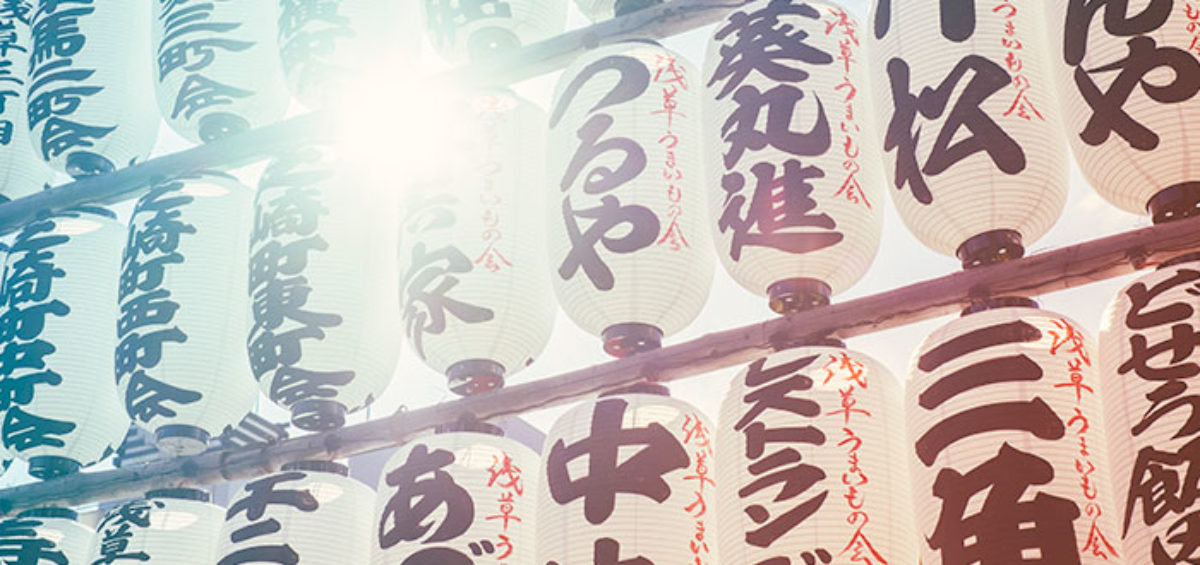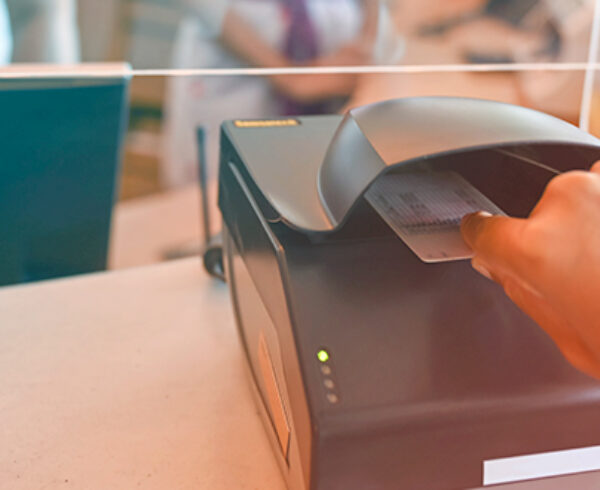Very Useful Japanese Phrases for Travelers
When traveling Internationally either for business or leisure just knowing a few key phrases can make a big impact on how well you’re received. Armed with these few Japanese phrases you’re certain to impress your host and possibly even walk away with a few new friends.
1. Ohayou Gozaimasu
おはようございます
Good Morning! In Japanese, there is often two ways of saying things, formally and informally. Informally, simply say Ohayou or to be more polite (for example, when greeting a stranger), it is always safe to use the formal form of Ohayou Gozaimasu.
2. Konnichiwa
こんにちわ
A versatile phrase considered both formal and informal – and can be used almost anytime to say Hello. Technically, it means Good Afternoon, but this greeting is used broadly – feel free to try it out!
3. Ikura Desuka?
いくらですか?
How much is it? becomes an endlessly useful phrase, even if you don’t know what to call the product in Japanese. If you simply point to what you want and say Ikura, most people will respond with the price. Should you know the product name in Japanese, try a full sentence! (Product name) wa ikura desuka?
4. Eigo wa wakarimasu ka?
英語はわかりますか?
Do you understand English? Or just learning the word Eigo (which means English) can help in many different situations. Sometimes if you say Eigo in a restaurant, they will bring you a picture menu or an English menu, so you can more easily choose your meal.
5. Yoroshiku Onegaishimasu
よろしくお願いします
The magic of this phrase is if you say yoroshiku to any Japanese person in any situation, they will help you with anything and everything you need. Near impossible to translate, it means something to the effect of Please and Best regards or Please treat me well.
6. Doumo Arigatou
どうもありがとう
Thank you very much or domo arigatou is something you will hear everywhere in Japan. Informally you may hear Domo (which is more like Thanks) and it is always appreciated if someone offers you a helping hand.
7. Gomenasai or Sumimasen
ごめんなさい or すみません
Gomenasai is I’m sorry and Sumimasen means excuse me. As is the case with any language, knowing a few polite words comes in handy when you are unsure of a situation. Simply by adding Sumimasen to the phrase from #4 (do you understand English?), you become much more polite and more likely to gain assistance
8. Irashyaimase
いらっしゃいませ
At first you might be a bit alarmed when you walk into a beautiful shop and a polite looking attendant seems to scream at you Irashyaimase! This actually means Welcome and How can I help you?
9. Suki desu
すきです
Suki means to like, and with the phrase Suki desu, you can express your appreciation for something even if you don’t know what to call it. The same way you can use the phrase “how much,” you can use (Object name) ga suki desu.
On the other hand, if you don’t like something, a polite way to express that would be suki jyanai desu. By adding the word Jyanai, like becomes dislike.
10. Daijobu
だいじょうぶ
This means it’s okay or I’m Okay. This is a handy phrase to know if you want to signal someone that you are fine. Be careful though –sometimes this phrase can be a very polite way of declining an offer. For example, if someone were to ask if you were thirsty and you replied “I’m Okay.”
Here’s a Bonus Word!
11. Nihon (go)
日本 日本語
One of the most overlooked but important phrases for the first time traveler is Nihon or Nihongo – meaning Japan or Japanese. This is a very useful word to know! Remember # 4? If you hear the phrase Nihongo wa wakarimasu ka?, someone is asking if you understand Japanese.














So useful!! And well presented…thanks for posting!